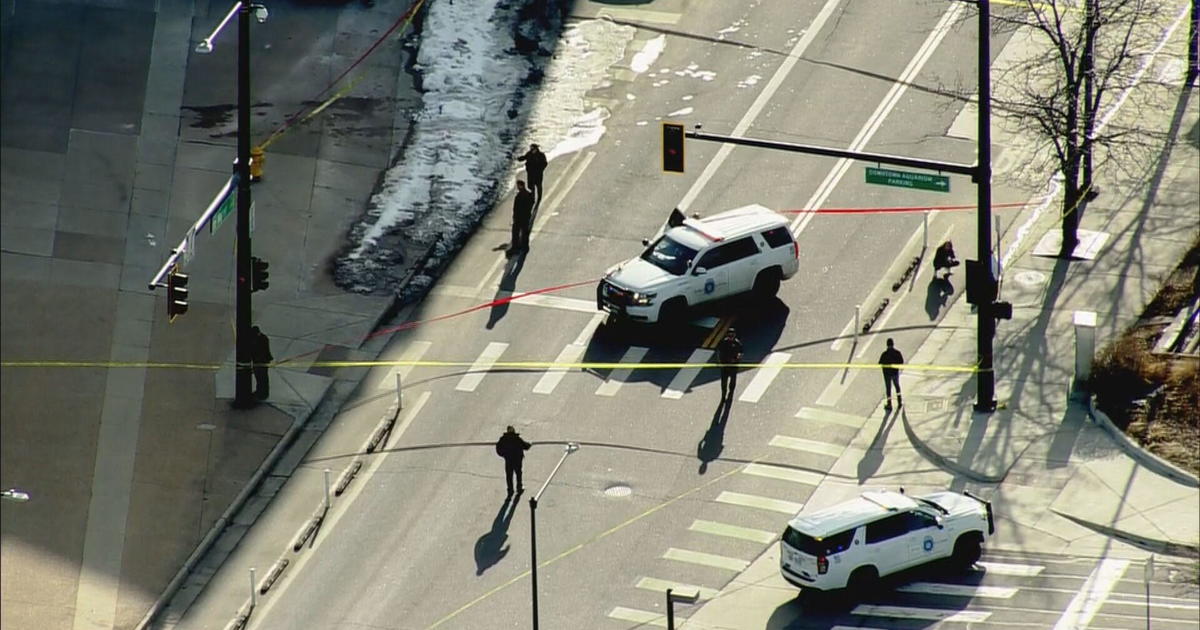Do You Really Need This Test?
We doctors love to run tests. Especially CT scans.
They've been around for about 40 years and the number of people run through this specialized x-ray tube has exploded over the past decade or so—with more than 80 million CTs done each year.
Yet an analysis by Consumer Reports suggests that about 25 million of those scans are not only a waste of time and money, but also a risk to your health.
First some background. We call them CT or CAT scans, but the actual medical term is a Computerized Axial Tomography. It's a great tool since it takes very detailed pictures—much better than a conventional x-ray.
Instead of one straight- on view of your lungs or bones, a CT will take multiple slices of images and magnify them. It can pick up subtle fractures, such as a stress fracture –which a regular x-ray will miss. They are also great at looking inside of the head when someone gets a concussion. In fact we rarely ever take a skull x-ray anymore. Instead we run a CT and look at the bones as well as getting a glance for possible bleeding in the brain.
It's like slicing a cake and examining everything inside instead of a simple view of the outside.
The problem is what makes the CT so good. Radiation.
It takes a lot of radiation to snap pictures of all of those detailed slices, and the concern is that over time that radiation can give you cancer.
That's because every bit of radiation you are exposed to never really go away—it is absorbed and adds up over your lifetime. Children are especially prone to the harmful effects of radiation on a growing body. Kids, in fact, are the main recipients of head CTs—and this report suggests about half of those scans are unnecessary.
For some perspective, one simple CT delivers the same amount of radiation as 200 chest x-rays.
So let's say your doc says you or your kid needs a CT--- what do you do? What do you ask?
First off, you need to ask if the test is really necessary?
Will it change the treatment in any way?
What exactly are you looking to see?
What will be done if you do see something bad?
What will you suggest if you see nothing bad?
Is there any other imaging technique that doesn't involve radiation—such as an MRI (sometimes there is not.)
What may happen if I don't have the test done, or wait to have it done?
Finally, be cautious of so-called "full body scans" that claim to screen your entire body for something bad.
Bottom line, CT scans can be a great tool. I do order them frequently...and they can be life saving. But I always need to remember to think about how much radiation a person has had in their life, and how much this next scan will add to it. It's a balance.
Don't be afraid to ask questions! Not only for this test- but for any other .
Dr. Dave Hnida is CBS4's Medical Editor. He blogs about the latest studies and trends in the health world. Read his latest blog entries, check out his bio or follow him on Twitter @drdavehnida.



